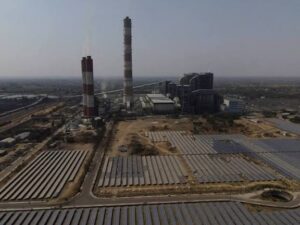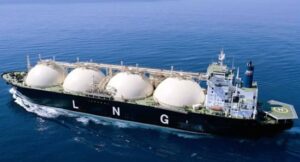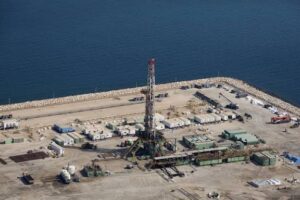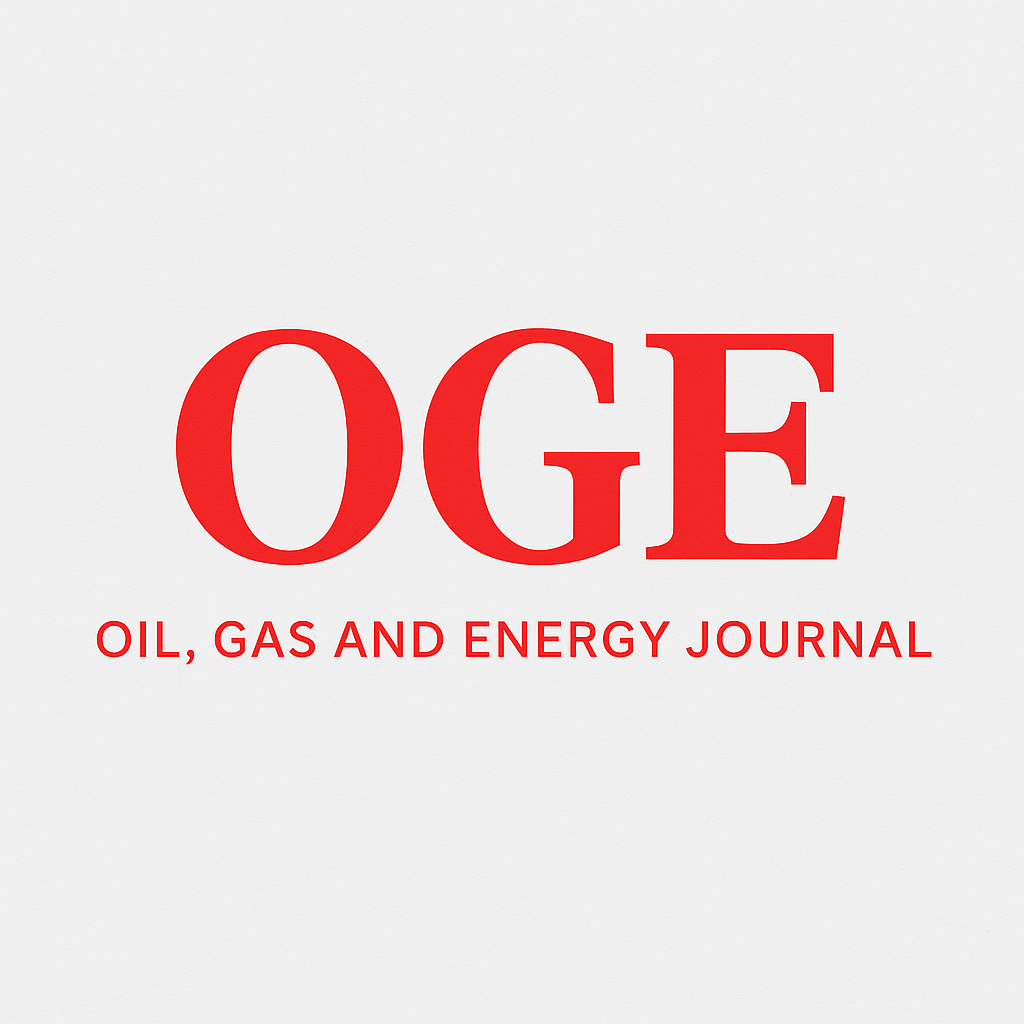The Emir of Kano, Muhammad Sanusi II, has attributed Nigeria’s current economic hardship to the government’s failure to remove fuel subsidy more than a decade ago.
Speaking at the Oxford Global Think Tank Leadership Conference on Tuesday, Sanusi said the decision to retain the subsidy in 2011 prevented the country from making necessary economic adjustments that could have softened today’s impact of inflation and rising living costs.
According to the former Central Bank Governor, the administration of former President Goodluck Jonathan had planned to remove the subsidy, but resistance from citizens and political pressures forced the government to abandon the policy.
“If the subsidy had been removed back then, Nigerians would have felt some pain, but it would have been far less than what we are experiencing now,” Sanusi said.
He recalled that during his tenure at the CBN, economic assessments showed that inflation would not have risen beyond 30 percent if the policy had been implemented early. Sanusi added that he was confident the Central Bank could have managed the inflationary impact within a year.
The Emir emphasized that Nigeria’s current struggles with high inflation and unstable foreign exchange rates are the direct consequences of postponing critical reforms for too long.
Sanusi has consistently advocated for bold fiscal policies and warned against political interference in economic decisions, noting that long-term stability requires making difficult choices early.









